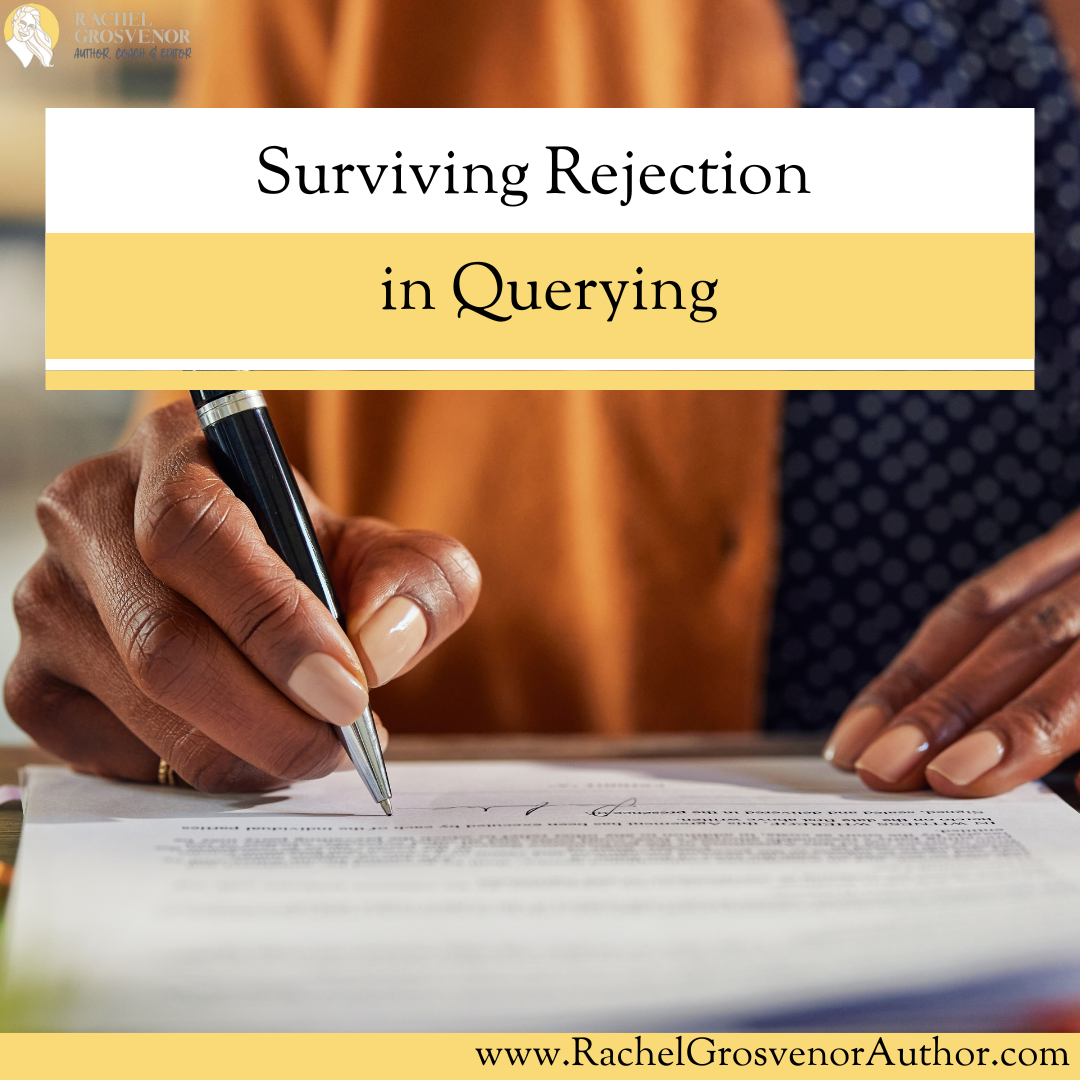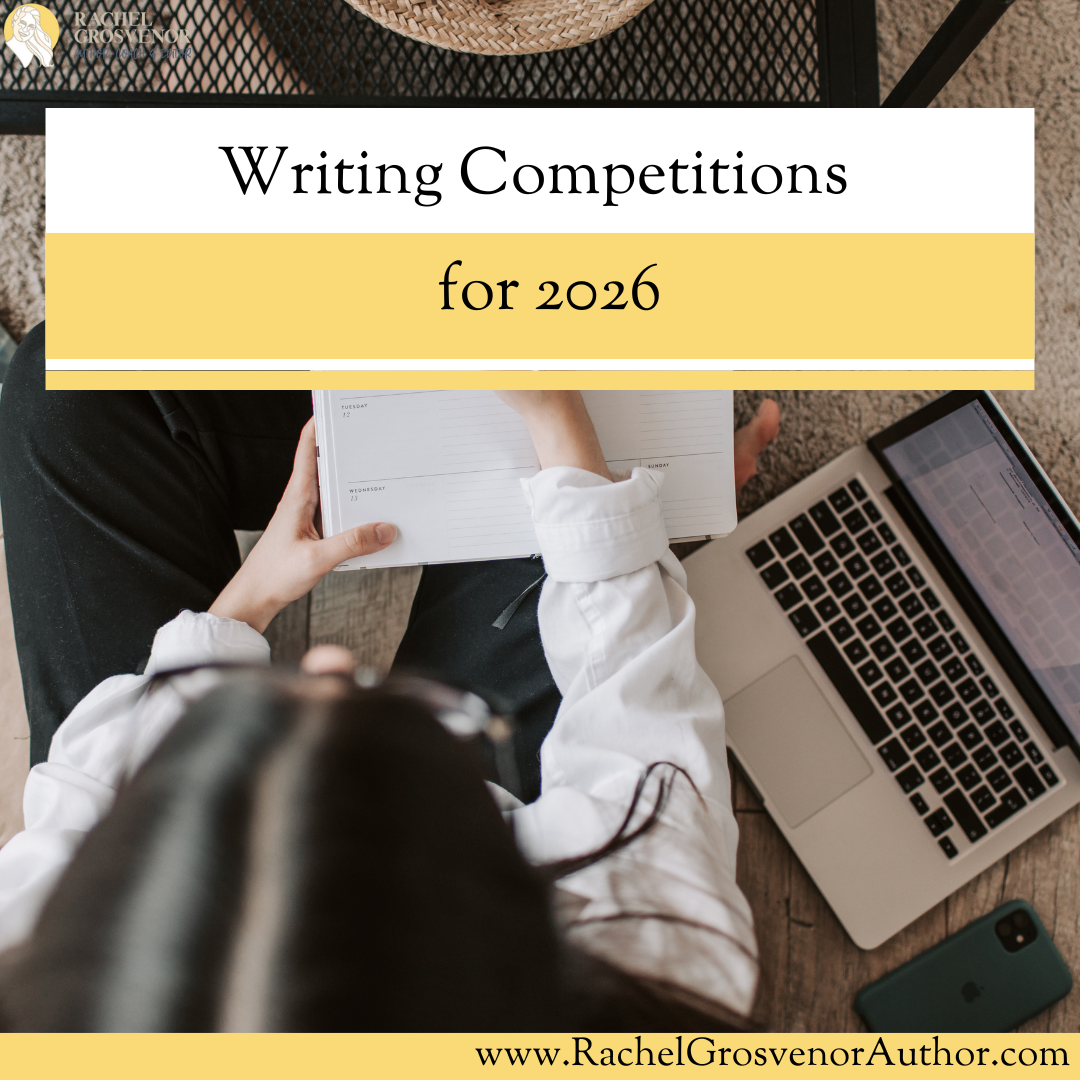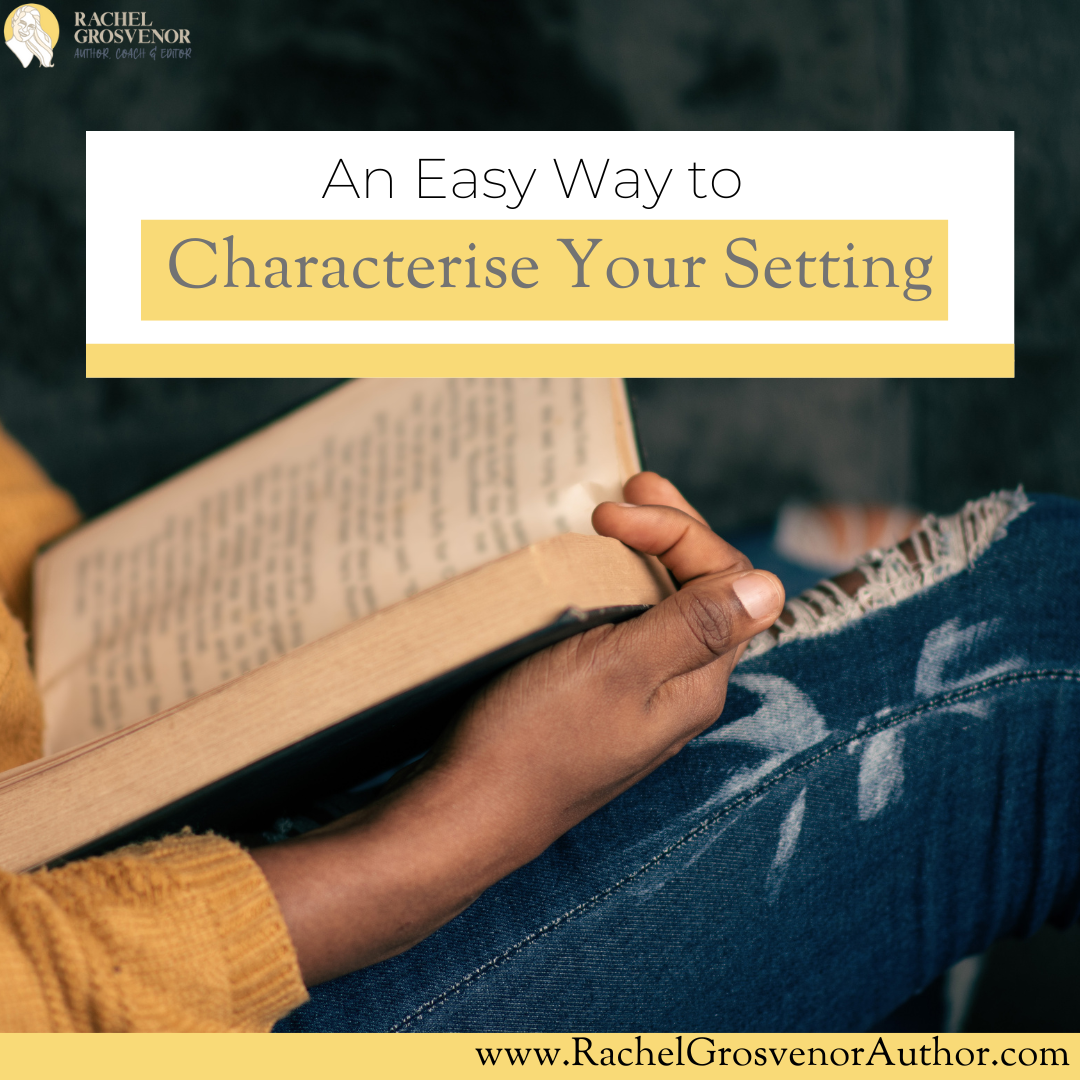Before we move onto how it can help us reach literary success, what is Creative Data? You may not know, and that’s okay because it can mean different things to different people.
I developed this idea after learning the concept of ‘data over emotion’ when it comes to marketing. This means paying attention to what is working for your audience, as opposed to posting based on emotion and moment. I thought that this was interesting and wondered what the writing equivalent would be. So, Creative Data, after some analysis, was developed.
Creative Data can be broken down into the following elements:
1) When you feel you are at your most creative.
2) How much you can write during a typical hour on a typical day.
Armed with this information, you are able to make a decision based on data over emotion. For example, when we say ‘I don’t have the time to write,’ this is often an emotional response to feeling busy and overwhelmed. This is perfectly valid too, by the way, and if this is the case, it might be that you need some rest. But, if you want to get some writing done, Creative Data can help. It enables us to look at our diaries and calendars and say, ‘Okay, I do have the time to write, and I can see that I can get around 1000 words down on Wednesday.’
So, how can understanding our Creative Data lead us to literary success?
Great question. Knowing that we are most productive at a particular time of day is the first step to moving forward with a routine that works for us. If we add this to understanding how much we can write in one hour, we are left with information that can really help us move forward with our novels.
During National Novel Writing Month (November), the name of the game is to prioritise our novels for one month. That’s fantastic, and a lot of people get a lot written during that time. But in an average month, it can be a recipe for burnout to push for 50,000 words during those four weeks. That’s why Creative Data can help both plotters, pantsers and plantsers! Here’s an example of my Creative Data:
1) I write best in the morning, after a cup of coffee when the house is quiet.
2) I can write around 2,000 words in one hour.
3) I know I have a tendency to be distracted by the internet, so I set a stopwatch while I’m writing to keep me on track.
Armed with this knowledge, I am able to look at my week objectively. Because I time block, I can slot in an hour two/three times a week for writing, and I know that this will yield around 4,000-6000 words. Therefore, I can set realistic writing deadlines that I can stick to, leading me to literary success.
So, what is your Creative Data?
Looking for a similar read? Check out the Productivity page of my blog posts! There’s lots to see.











